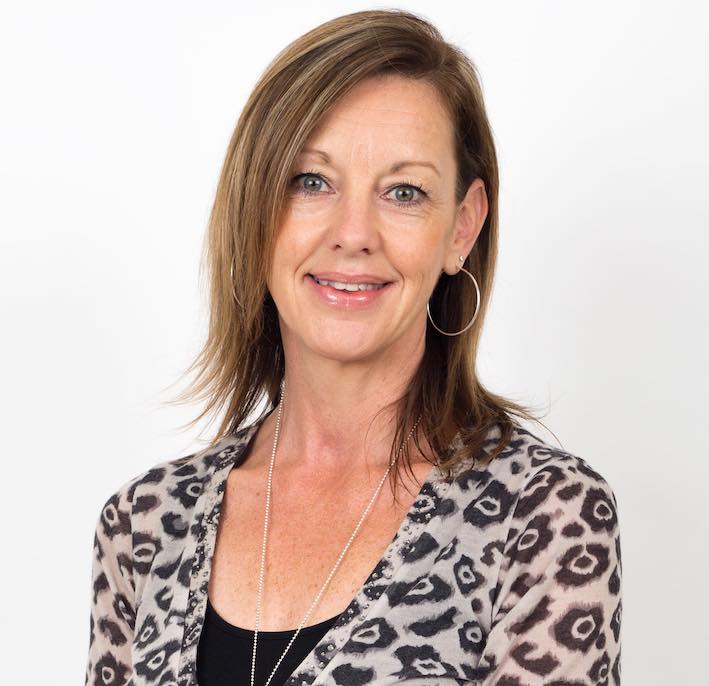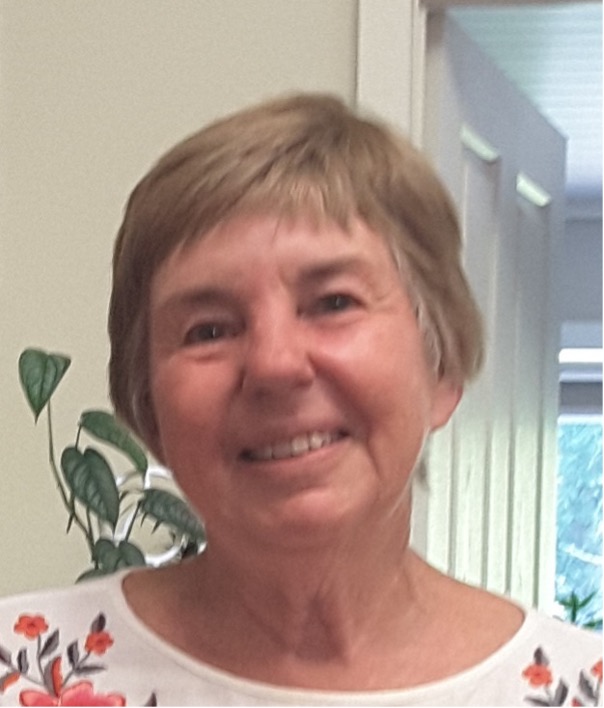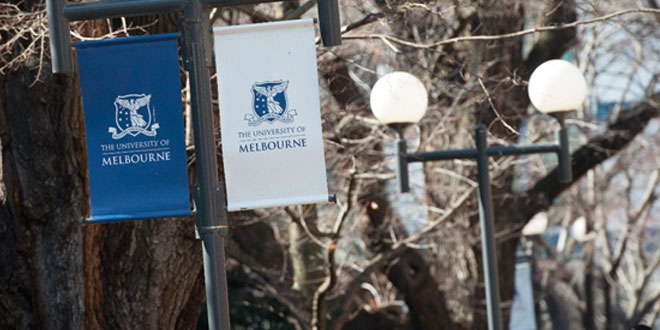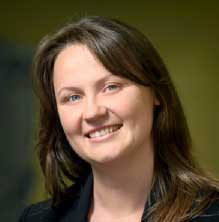Mathematics, Science and Technology Education Group
The Mathematics, Science & Technology Education Group advances knowledge of the teaching and learning of mathematics, science and technologies and enhances teacher capability in this domain.
Upcoming Events
Staff
Our experts teach mathematics, science and technology education subjects, supervise research higher degree students, and conduct their own original and ground-breaking research.
Honoraries

A/Prof Robyn Pierce
Robyn Pierce is a Principal Fellow at the University of Melbourne. She initially taught mathematics in secondary schools and then at university level with a focus on first year mathematics, statistics and critical thinking with data. Working with students from a wide range of disciplines highlighted the challenges of teaching and learning mathematics. A move to Education presented opportunities to work with teachers in post graduate courses on the use of technology for teaching mathematics, numeracy for life, school and work, probability and statistics at junior and senior secondary levels and research supervisions. Robyn has conducted mathematics education research involving primary, secondary and tertiary students as well as preservice and practicing teachers. This has covered a range of issues as diverse as: mathematics anxiety, algebraic insight, effective use of computer algebra systems, engaging students through real-world problems and IT, teachers’ professional statistical

Dr Hilary Hollingsworth

Dr Vicki Steinle
Vicki's PhD involved the design of a test to diagnose children’s misconceptions, which is currently used for research and by practitioners. This research involved a cross-sequential study which combined both longitudinal and cross-sectional methods in an attempt to both shorten the length of the research and minimise developmental assumptions. This research has provided Vicki with a deep understanding of suitable methodologies for probing children’s thinking and expertise in longitudinal analysis of data. Vicki has extensive expertise in research methods, for example, papers on Rasch analysis, relative risk and odds ratios. She has been involved in the ARC-funded SMART project which provides teachers with online tests that they can use to formatively assess their students before they teach a certain topic.

Dr Gail FitzSimons
I have been an Honorary member of staff since 2010. During that period I have • prepared and conducted a post-graduate numeracy unit and given other lectures and public seminars at this level. • acted as a critical friend for graduate students and visiting scholars in the preparation of journal articles and doctoral seminars. • conducted literature reviews for members of staff as part of their project work. • worked to support staff and students in implenting a culturally sensitive numeracy program at the Academy of Sport, Health and Recreation [ASHE] in Shepparton. • prepared monthly lists of new journal alerts for mathematics and science. • edited the 2018 Mathematical Association of Victoria annual conference proceedings & co-edited 2015 proceedings with Jill Vincent. • given plenary lectures and run workshops at international conferences and published journal articles

Dr Sarah Buckley
Dr Sarah Buckley is a Senior Research Fellow in the Educational Research, Policy and Development Division at the Australian Council for Educational Research (ACER). Sarah’s area of expertise is in mathematics engagement and motivation. She has led several initiatives designed to address mathematics anxiety in schools and in preservice teachers, build mathematical resilience and improve valuing of maths in the Mathematics Anxiety and Engagement Strategy (MAES) at ACER. Sarah has also worked on numerous projects investigating equity and engagement in STEM including a recent project for CSIRO exploring ways to improve young female students’ engagement in digital technology. She has also worked on international projects aimed at improving international educational systems. Publications: See https://works.bepress.com/sarah_buckley/
The Mathematics, Science & Technology Education Group contributes to the Faculty of Education Master of Teaching and Master of Education programs. We also provide a wide range of tailored, bespoke professional learning services.
Our focus
Teacher capacity
Building teacher capacity for teaching mathematics, science and technology in schools and early childhood services
Research-informed practices
Providing research-informed practices for improving school and early childhood mathematics, science and technology
Student thinking
Developing understanding of student thinking in mathematics, science and technology
Leadership
Providing leadership for building capacity in school mathematics, science and technology
Our approach
We do this through providing high quality research-based education for all of those involved in the teaching of early childhood, primary and secondary school mathematics, science and technology through pre-service graduate courses and in-service professional learning programs.
Our academics supervise research higher degree candidates undertaking Master of Education, Doctor of Education and Doctor of Philosophy degrees. As a group, we aim to contribute to the improvement of mathematics, science and technology education by working with local schools, state and national education authorities, international bodies, professional associations and other national and international colleagues/researchers.
Contact us to develop a professional program suited to your school or early childhood service’s needs.
We actively contribute to the improvement of mathematics, science and technology education by working with local schools and early childhood services, state and national education authorities, international bodies, professional associations and other researchers to conduct and publish research.

Third Wave Lab
The Third Wave Project was set up in 2008 to bring together researchers and educators who are interested in developing and using what stakeholders value and find important in school mathematics education. Currently, we are a consortium of research teams from 22 different jurisdictions from around the world, and already supporting ten different research studies.
ICCR
The ICCR (International Community for Classroom Research) Hub brings together researchers investigating classroom teaching and learning in both the physical and virtual space.
The Research Hub builds on the international network established by the late Professor David Clarke, which consists of researchers from more than 20 countries involved in video-based classroom research. Through a supportive and collegial community involving scholarly exchanges and activities, the Hub works to develop the research capacity of its affiliates.The ICCR Hub will hold a range of activities including research group meetings, lectures, reciprocal institutional visits, joint symposia and joint grant applications.

Members of the Mathematics, Science and Technology Education Group have produced a range of materials for use by teachers, teacher candidates, graduate students and researchers including the online resources below.
-
SMART-tests
The SMART-tests system (Specific Mathematics Assessments that Reveal Thinking) provides online diagnostic mathematics tests for middle-school students, and reports to their teachers about their current understanding. This information assists teachers to meet the learning needs of their students.
-
Teaching Number in Middle Years
Professional learning resources for teachers on the subjects of arithmetic, mental and written computation, and decimals.
-
Statistical literacy using assessment data-online tutorials
Online tutorials for teachers on how to effectively read NAPLAN assessment data.
-
Northern Territory Preschool STEM Games
The STEM Games are a series of four resources have been designed to provide teachers with examples of age appropriate play based activities. The games strengthen opportunities for preschool teachers to respond to the diverse STEM competencies and language that children demonstrate as they transition into preschool, planning for current and future learning, and enacting the planning cycle.
-
Girls’ Future – Our Future
This report was commissioned by the Invergowrie Foundation and produced by a team of academics from The University of Melbourne and Deakin University. MSTEG staff members Victoria Millar and Jan van Driel were members of this team. The report explores issues that impact on girls’ identification with, and sense of belonging in STEM, and influence their participation in STEM pathways.
